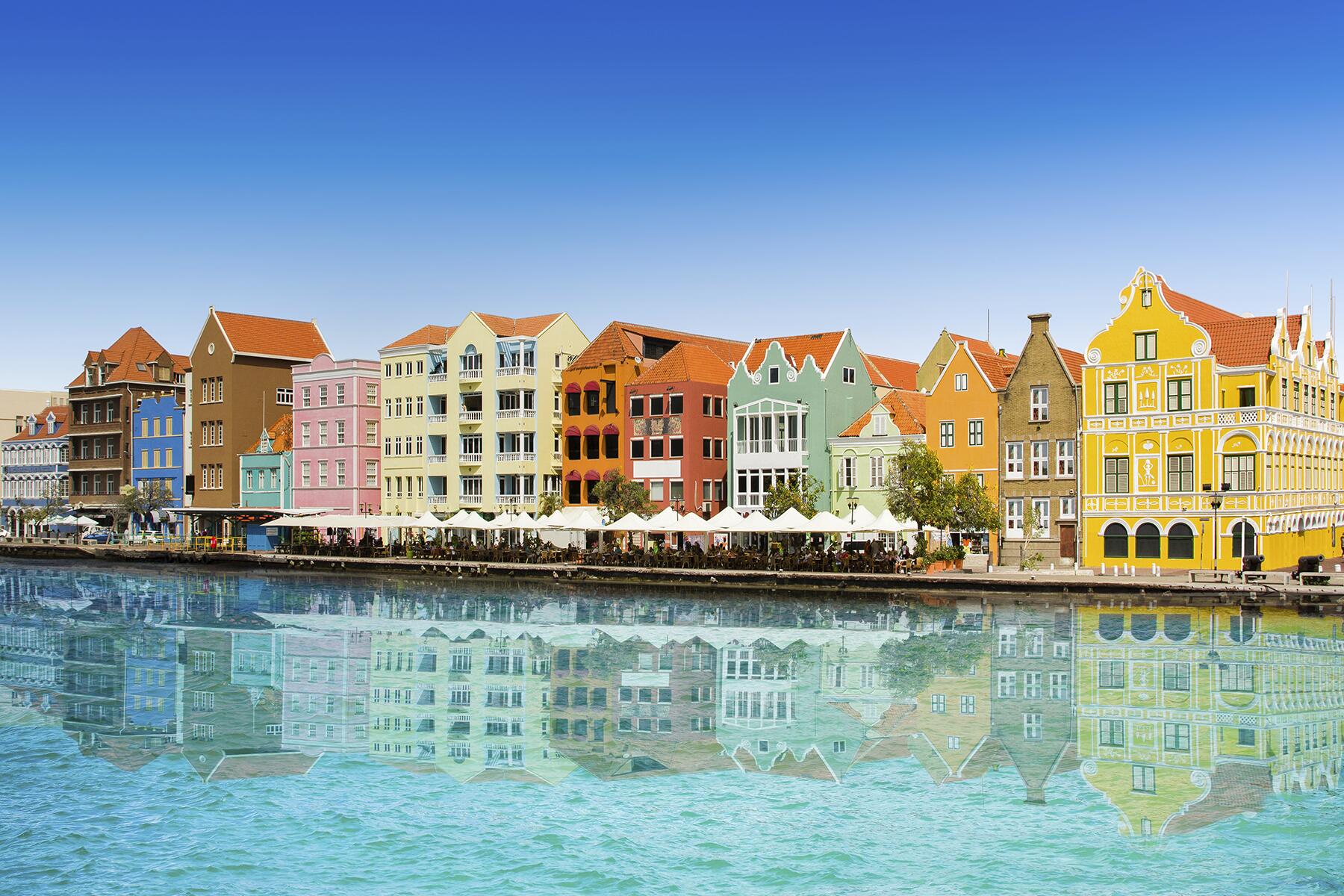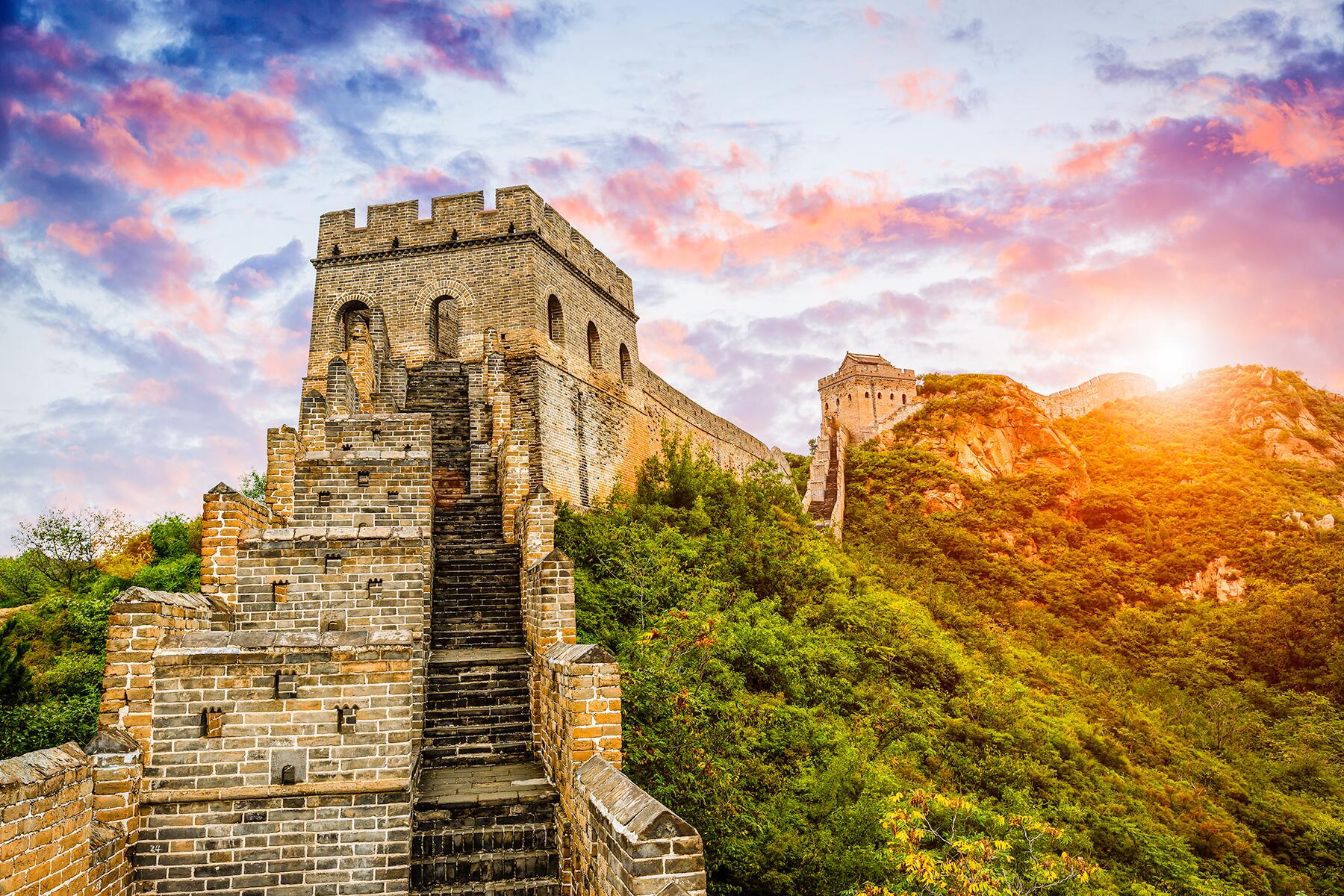The State Department warns American travelers to reconsider travel.
In 2020, the COVID-19 pandemic brought a halt to all travel around the world. Even after most of the world resumed movement, China remained still. The noose around its society was tight with its zero-COVID policy, which experts criticized for being unscientific and draconian. China was one of the last few countries to ease restrictions—abruptly in December 2022—and what followed was nearly two million deaths.
Now the country wants tourists back. It is easing visa restrictions for Americans, increasing the number of return flights, and changing its digital payment policies that were hasslesome for foreigners. But the tensions between the U.S. and China are still running high and the State Department warns American travelers to reconsider travel.
Restrictions Eased
American passport holders don’t need visas for 186 countries around the world–but that’s not the case for China. Not only do U.S. travelers need a visa, but up until late 2023, there were several other requirements, including proof of round-trip tickets, proof of hotel bookings, an invitation letter, or an itinerary. However, on December 29, 2023, it was announced that these documents would no longer be required to ease travel between the two countries.
Recommended Fodor’s Video
But paperwork aside, there have been multiple barriers to foreign travelers getting into the country.
There has been a lack of flight options, with only 500 weekly international flights operating in the country. This is expected to dramatically scale up, with an estimated 6,000 weekly flights by the end of this year–but that’s still only 80% of pre-COVID capacity. Recovery in the aviation sector is taking time, but China has a target of 8.2 million foreign tourists this year.
Last August, the U.S. and China agreed to double the number of flights from 12 to 24 per week, a fraction of the pre-COVID number, where 300 weekly round-trip flights commuted between the two nations.
Another roadblock for tourists has been the digital payment system which didn’t accept non-Chinese credit or debit cards. Last year, two of China’s biggest payment apps, Alipay and WeChat Pay, started accepting Visa and Mastercard.
But as travel to China eases, there’s still one big issue: the U.S. State Department is concerned about the safety of travelers.
Related: Americans Won’t Need to Apply for European Travel in 2024, According to Some Sources
Warning Remains
Last July, as China’s travel sector began to recover, the U.S. State Department issued a Level 3 travel advisory to Americans, warning travelers to reconsider visiting the country. This advisory remains in place. Macau is also at Level 3: Reconsider Travel, but Hong Kong is at Level 2: Exercise Increased Caution.
“The People’s Republic of China (PRC) government arbitrarily enforces local laws, including issuing exit bans on U.S. citizens and citizens of other countries, without fair and transparent process under the law,” the warning explains.
Multiple incidents of the government imposing exit bans and detaining travelers have made news in recent years. There is no way to contest an exit ban in court and travelers aren’t informed about these until they’re trying to fly out.
There is also nervousness about hyper-surveillance in the country and politically motivated court cases. The U.S. agency adds, “Foreigners in the PRC, including but not limited to businesspeople, former foreign-government personnel, academics, relatives of PRC citizens involved in legal disputes, and journalists have been interrogated and detained by PRC officials for alleged violations of PRC national security laws. The PRC has also interrogated, detained, and expelled U.S. citizens living and working in the PRC.”
More importantly, China doesn’t recognize dual citizenship, so dual citizens in trouble with the law will not receive consular services.
While the Asian country is trying to amp up its efforts to attract more travelers, this travel advisory and the recent geopolitical tensions between the two countries are definite hurdles for travelers.



